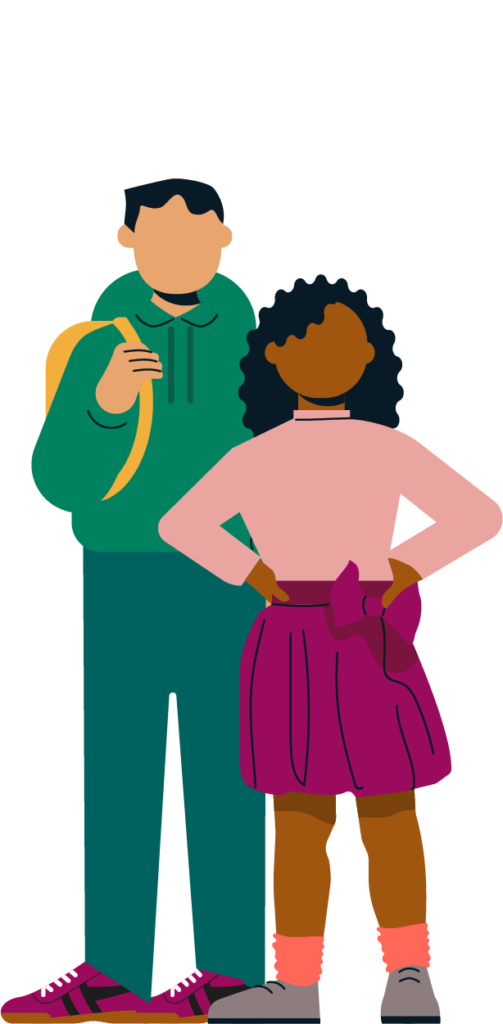Developing linguistic concepts: ages and stages
| Age | Milestone |
| 1-2 years | Follows simple spatial directions, such as in and on Understands another Uses simple directional terms, such as up and down Uses two or three prepositions, such as on, in or under |
| 2-3 years | Distinguishes between in and under, one and many Understands number concepts or one and two Understands size differences, such as big and little Understands in, off, on, under, out of, together, away from Begins to understands time concepts of soon, later, wait Selects three that are the same from a set of four objects Selects the object that is not the same from four objects with three of them identical Begins to use adjectives for colour and size |
| 3-4 years | Follows quantity directions empty, a lot Follows equality directions same, both Understands next to, beside and between Identifies colours Matches on-to -one Points to object that is different from the others Uses position concepts, behind, in front and around |
| 4-5 years | Understands comparative and superlative adjectives such as big, bigger, biggest Understands time concept yesterday, today, tomorrow, first, next, days of the week, last week and next week Understands different, nearest, through, thin. whole Identifies positional concepts first, middle, last |
| 5-6 years | Understands opposite concepts, such as big/little, over/under Understands right/left Understands number concepts up to 20 Answers “how are things the same/different?” Uses adjectives for describing Uses comparative adjectives, such as loud, louder Uses yesterday and tomorrow Uses adverb concepts backwards and forwards uses prepositions through, nearest, corner, middle names ordinal umbers such as first, second and third |
